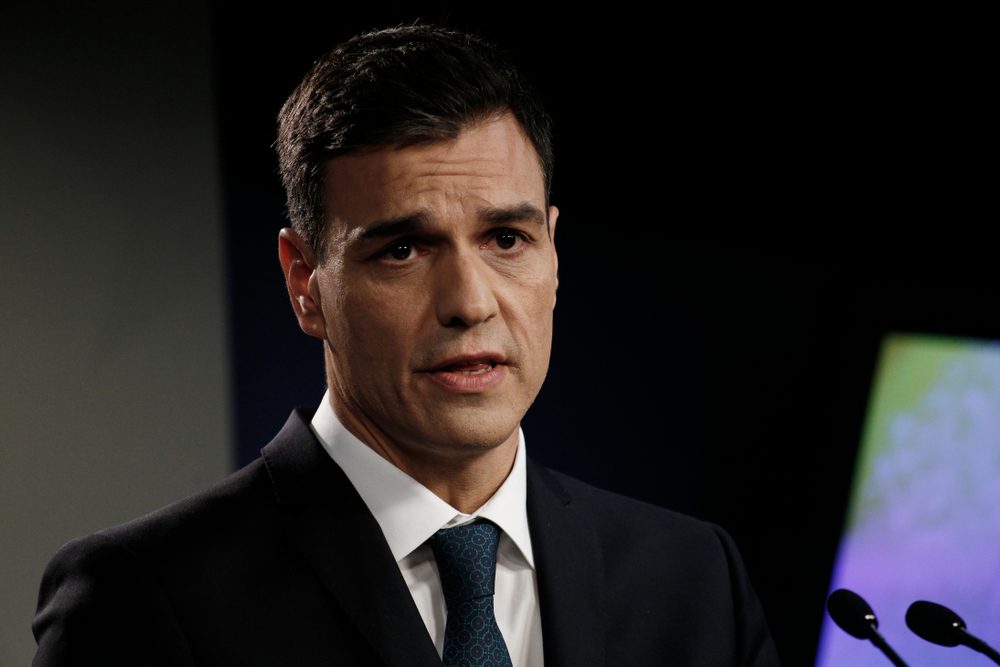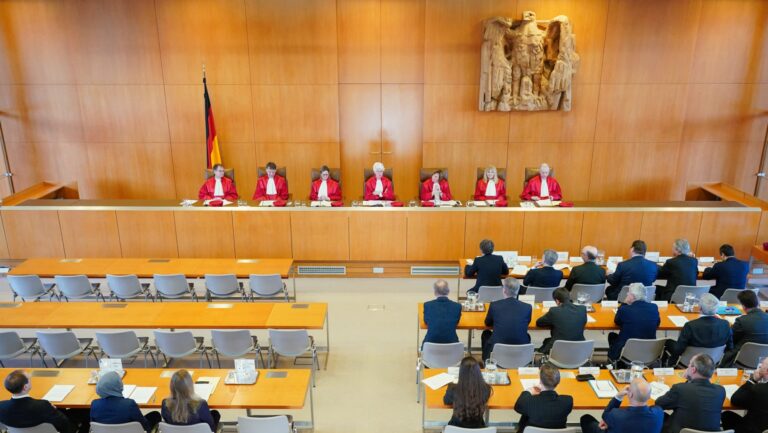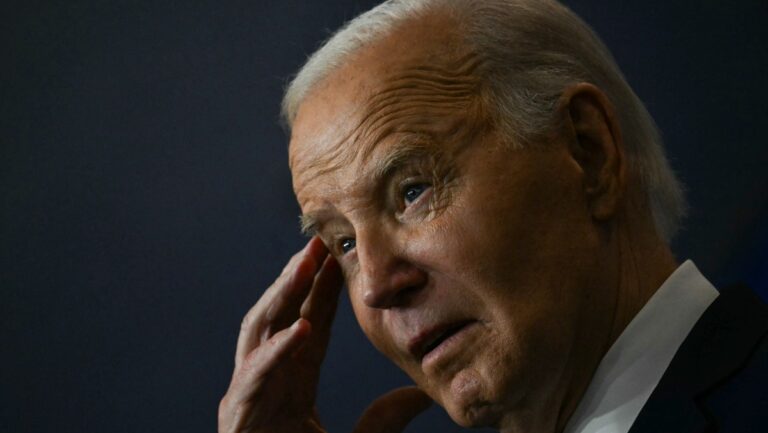Spain’s president has finally apologised to the women whose rapists were released from prison early because of a law his government passed earlier this year.
He slipped the apology into an interview with the Spanish newspaper El Correo published on April 16th.
The law, best known by its nickname, ‘Solo Sí es Sí’ (only yes is yes) is designed to make it easier to prosecute sexual crimes as assault, which carries harsher penalties than the lesser crime of sexual abuse. But the way the law was written has resulted in sentence reductions for violent sexual assailants already convicted. In some cases, the reduction caused their immediate release from prison. The law was written and promoted by the Ministry of Equality, run by Irene Montero from the neo-communist party Unidos Podemos, the minority group in the socialist-led coalition government. Multiple experts had warned that the law would trigger sentence reductions, but Montero insisted on passing it as written by her ministry and Sánchez acquiesced. The centre-right Partido Popular and the right-wing VOX parties voted against it.
“I think no deputy, even those who have voted against this law, is in favour of lowering penalties,” Sánchez said without mentioning any specific person or party. “Therefore, I apologise to the victims and we will put a solution forward to these unwanted effects.”
He defended the law as “a good law that places Spain again at the forefront of what is the protection of victims of sexual aggression,” but admitted that “an unwanted effect has been caused that neither the executive power nor the legislative contemplated but that we have to solve.”
Montero has remained loyal to her law, blaming the reductions on the misogynistic bias of judges, while Sánchez and his party have found themselves in an embarrassing position as week after week the Spanish media announces yet more sentence reductions. According to OKDiario, so far 978 violent sexual criminals have had their sentences reduced. With his political associate Montero remaining almost totally immovable in making the needed changes to the law, Sánchez is finding himself likely having to allow the bitter pill of passing a reform with the support of the centre-right Partido Popular, the country’s other principal political party and his main competition in elections later this year.





